Схожі новини
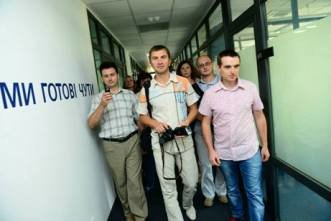 In September 2013, 12 pedagogical colleges throughout Ukraine will launch a media literacy course for secondary school teachers-in-training, thanks to a new media literacy curriculum developed through support from the U-Media project.
In September 2013, 12 pedagogical colleges throughout Ukraine will launch a media literacy course for secondary school teachers-in-training, thanks to a new media literacy curriculum developed through support from the U-Media project.
Media literacy courses teach young people how to consume media wisely, giving them the tools they need to recognize accurate, fair, and balanced media, and to reject biased, inaccurate and harmful media. The Academy of Ukrainian Press, with U-Media support, launched a pilot media literacy program in 2011 to give college and secondary teachers the skills they need to instruct their students in media literacy.
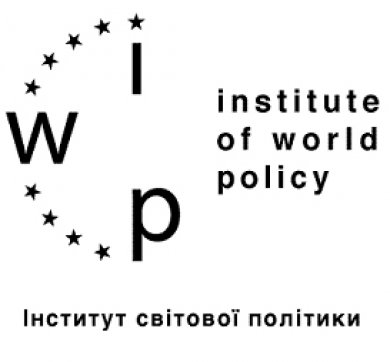 The Institute of World Policy (IWP), a local partner of Internews in Ukraine, organized the Global Virtual Forum of Women Leaders, a series of videoconferences featuring prominent women in government, media, and international affairs.
The Institute of World Policy (IWP), a local partner of Internews in Ukraine, organized the Global Virtual Forum of Women Leaders, a series of videoconferences featuring prominent women in government, media, and international affairs.
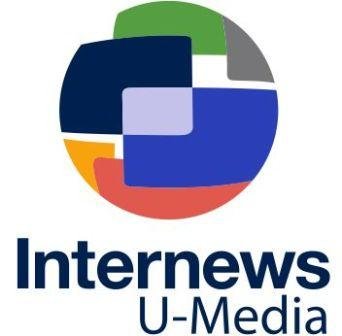 Ukrainian Media Project is a five-year program implemented by Internews to support and develop the Ukrainian media sector through activities that protect freedom of speech, improve the media enabling environment, create opportunities for new and innovative approaches by Ukrainian media outlets, and strengthen the capacity of media CSO leaders to effectively represent their constituencies.
Ukrainian Media Project is a five-year program implemented by Internews to support and develop the Ukrainian media sector through activities that protect freedom of speech, improve the media enabling environment, create opportunities for new and innovative approaches by Ukrainian media outlets, and strengthen the capacity of media CSO leaders to effectively represent their constituencies.
Through an open 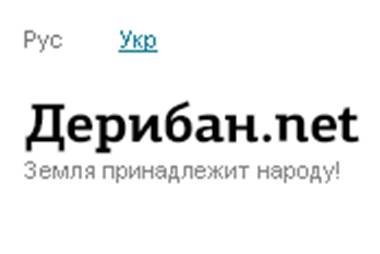 mapping system where anyone can post legitimate or illegitimate land acquisitions and construction in-progress, Deriban.net increases citizen participation in holding local government accountable.
mapping system where anyone can post legitimate or illegitimate land acquisitions and construction in-progress, Deriban.net increases citizen participation in holding local government accountable.
VIDEO (English)
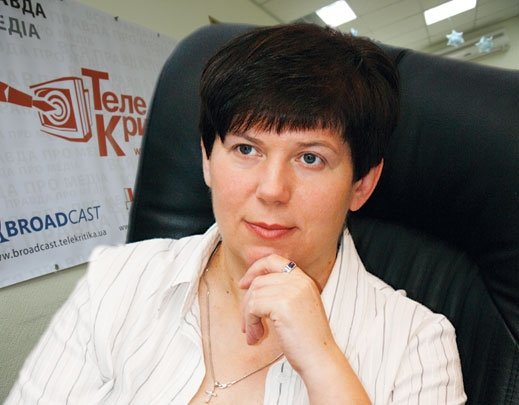 USAID institutional capacity building ensures that an objective voice is heard in Ukraine’s media sector
USAID institutional capacity building ensures that an objective voice is heard in Ukraine’s media sector
- У-Медіа » English » Program Description » Introducing media literacy to Ukraine’s education system
- Переглядів: 1379
- Автор: rfgtw
- Дата: 27-09-2013
Introducing media literacy to Ukraine’s education system
Категорія: English » Program Description
In September 2013, 12 pedagogical colleges throughout Ukraine will launch a media literacy course for secondary school teachers-in-training, thanks to a new media literacy curriculum developed through support from the U-Media project.
Media literacy courses teach young people how to consume media wisely, giving them the tools they need to recognize accurate, fair, and balanced media, and to reject biased, inaccurate and harmful media. The Academy of Ukrainian Press, with U-Media support, launched a pilot media literacy program in 2011 to give college and secondary teachers the skills they need to instruct their students in media literacy. In March 2013, the Ministry of Education and Science recognized the success of this pilot when it announced the introduction of a media literacy course for Ukrainian secondary schools and pedagogical universities (the schools that train people to become secondary school teachers). AUP employed international best practices to develop a media literacy curriculum for Ukrainian universities, colleges and schools in cooperation with the Institute of Innovative Technologies and Content of Education of the Ministry of Education and Science of Ukraine.
 In August 2013, the Academy held a five-day Media Literacy School for 17 competitively selected teachers from pedagogical colleges in Kherson, Donetsk, Volyn, Kyiv, Cherkasy, Chernihiv, Vinnytsya, Transcarpathia, and Ternopil oblasts, and the city of Kyiv. Every day, trainers led 10-hour work days with lectures, fieldwork and evening viewings of films about media literacy.
In August 2013, the Academy held a five-day Media Literacy School for 17 competitively selected teachers from pedagogical colleges in Kherson, Donetsk, Volyn, Kyiv, Cherkasy, Chernihiv, Vinnytsya, Transcarpathia, and Ternopil oblasts, and the city of Kyiv. Every day, trainers led 10-hour work days with lectures, fieldwork and evening viewings of films about media literacy.
Despite the long hours, the trainees were enthusiastic about participating. They learned about media influence and psychology, how to distinguish genuine news content from advertising, new media technologies, principles of critical thinking about media content, and the ethical principles of professional journalism. Teachers will bring these same lessons to their own students, accompanying them with practical exercises where students will create their own media products, including newspapers, radio programs, websites and blogs. The trainees also visited TV channel “1+1” to see firsthand how a newsroom works and meet the chief editor of the TSN news program, Tetyana Pushnova.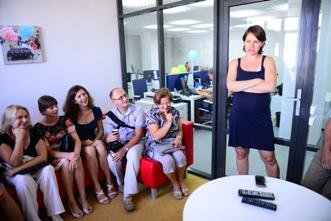
Twelve of the 36 pedagogical colleges participating in the AUP program have included the media literacy course into their 2013-2014 curricula so far: six launched the course in September and six others will offer it beginning in January 2014. AUP continues to offer support for teachers through its regional training centers in Kharkiv and Crimea and accumulated resources on its website.
Internews also has media literacy programs in Armenia, Bosnia (other countries) that are being introduced into the national curricula.
The five-year Ukraine Media Project, implemented by Internews, is made possible by the support of the American people through the United States Agency for International Development (USAID).
For more information on media literacy in Ukraine, contact Internews in Ukraine at [email protected].

